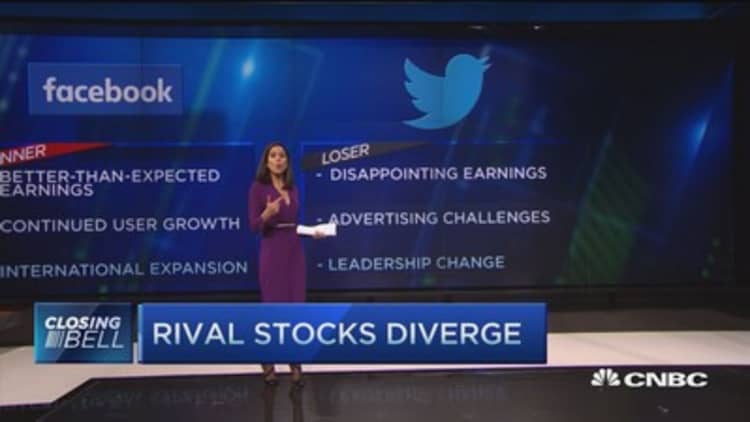
Tech leaders such as Elon Musk of Tesla Motors and venture capitalist Peter Thiel have warned that rogue AI, or artificial intelligence, could one day threaten the human race. But Mark Zuckerberg has set himself the challenge this year of building his own personal AI assistant, rejecting fears of a super-intelligence running amok as "far-fetched".
In a post on his company's website late on Sunday, the Facebook founder said he had decided to build a smart machine to control functions in his house and help him work, akin to a disembodied butler. He compared it with Jarvis, an intelligent computer in the movie Iron Man.
Mr Zuckerberg regularly sets himself personal challenges at the start of the year, but none so far has involved a software coding test with such a direct bearing on Facebook's own long-term future.

Other tasks in recent years have included learning Mandarin — a move that was seen as a hint of his hopes of one day launching a version of Facebook in China — as well as meeting a new person every day and reading two books a month.
Taking on a difficult software coding challenge, however, represents a departure, and highlights the AI race that has broken out among the leading internet companies as they try to invent new ways for people to interact with machines.
Facebook has set up three artificial intelligence labs, in Silicon Valley, New York and Paris, and its high-profile hires in the field include Yann LeCun, a New York University professor who was one of the pioneers in deep learning — a form of AI that tries to mimic the functioning of layers of neurons in the human brain.
More from the Financial Times:
Since you asked: Awkward questions on AI
Silicon Valley in move to keep AI safe
Innovators gear up for CES and search for gadget to drive sales
Mr Zuckerberg said his work at Facebook often involved getting into deep technical issues with the company's engineers, and that building his own intelligent machine would bring a different perspective to that work.
He described his personal project as "a simple AI", taking an off-the-shelf system and teaching it to recognise his voice to "control everything in our home — music, lights, temperature and so on".
He also said he was interested in using voice and face recognition so the machine could identify who was in a room, for instance adjusting the temperature to reflect the fact that he prefers colder rooms compared with his wife.
To help with his work, Mr Zuckerberg added that he intended to teach the system to turn data into visual representations that he could see with a virtual reality headset.
Rapid advances in AI have led some leading tech figures to warn that smart machines could one day jeopardise humanity. Responding to a question posted to his Facebook account, Mr Zuckerberg brushed off a query about the potential dangers as "far-fetched… and much less likely than disasters due to widespread disease, violence, etc". He added: "I think we can build AI so it works for us and helps us".
He also revealed that he is a fan of Amazon's first attempt at a consumer AI. Called Amazon Echo, the device acts as a controller for the home. The Facebook chief executive described Echo as "pretty great" for controlling music.


